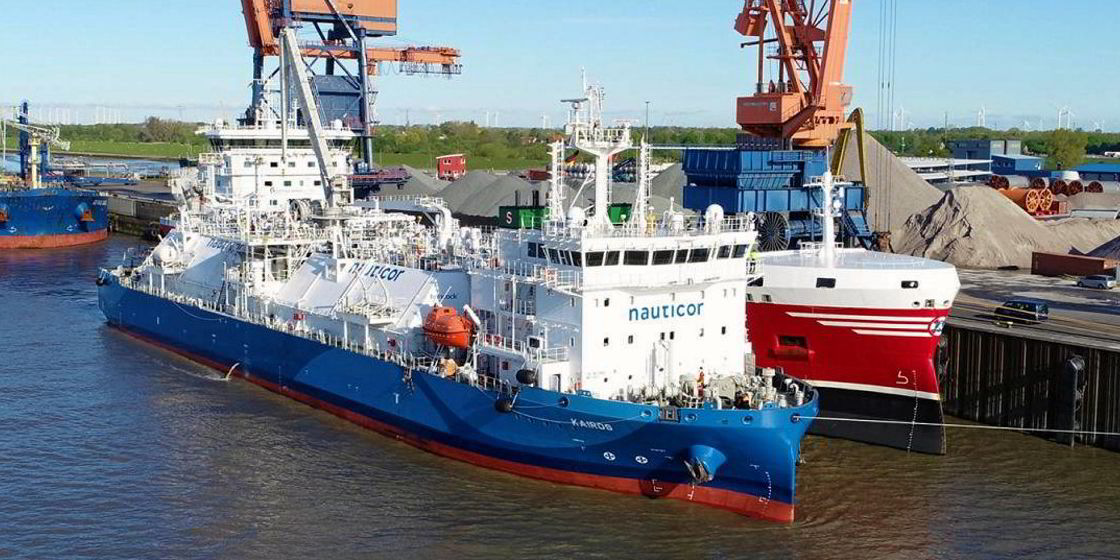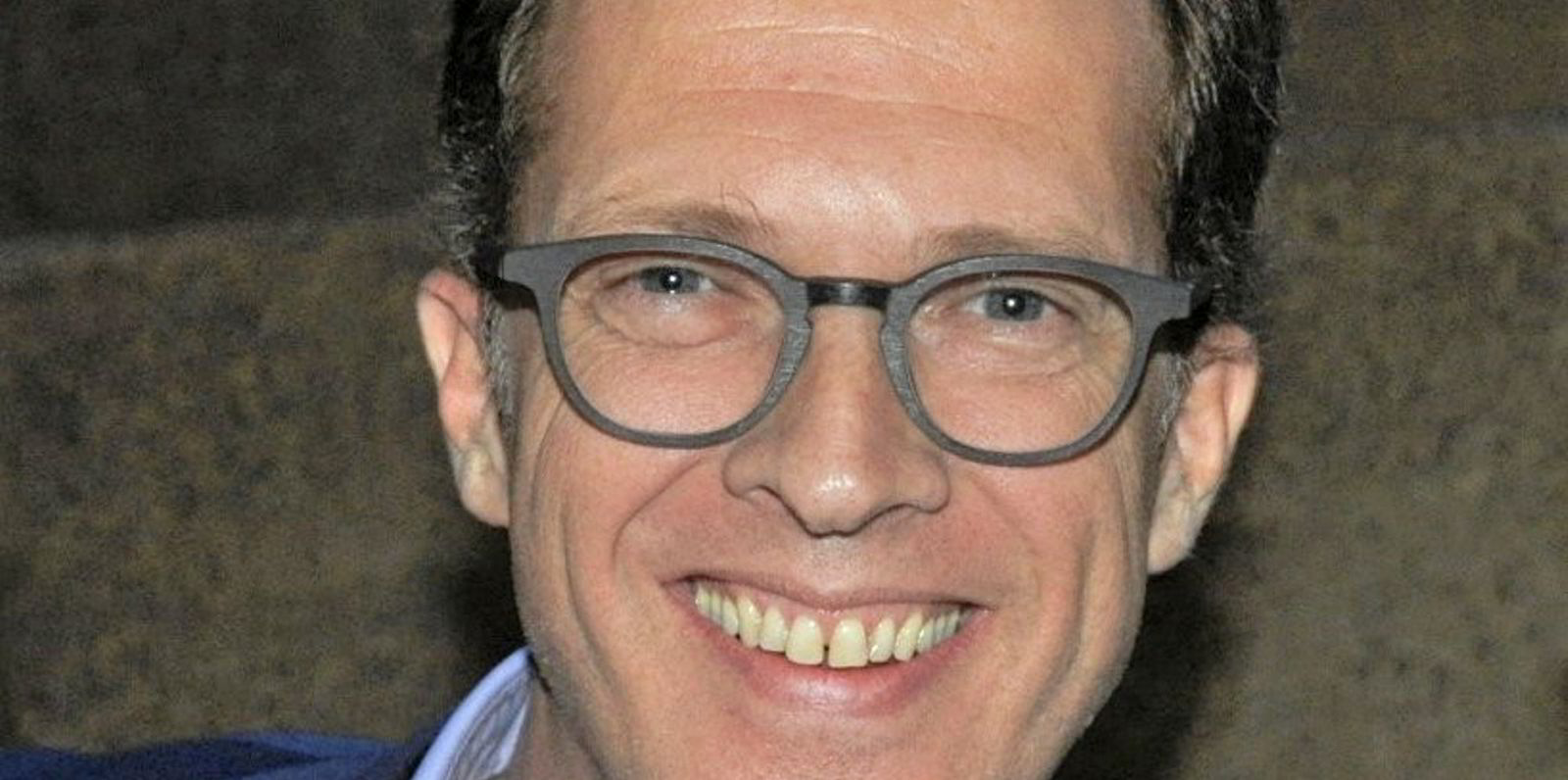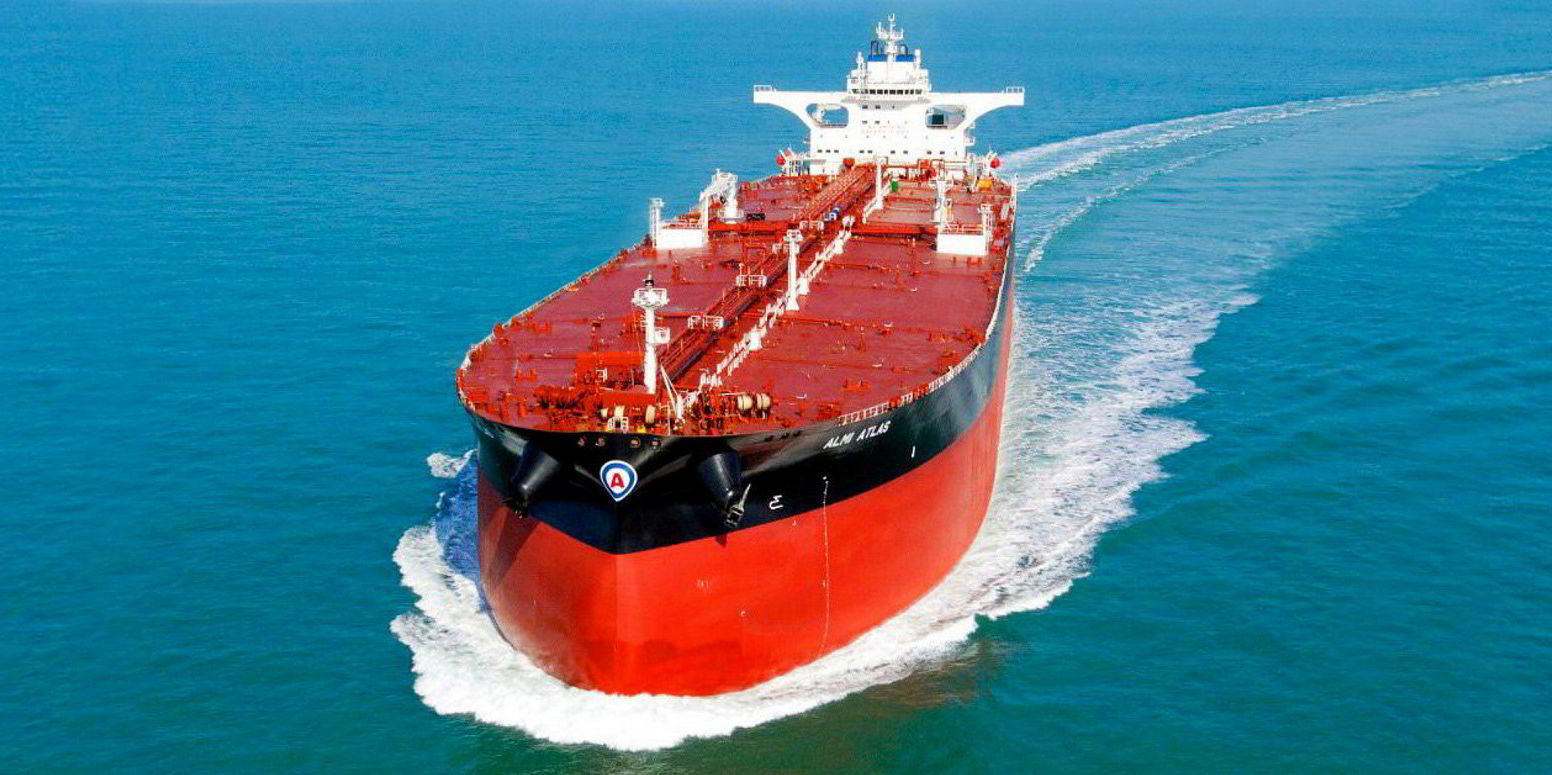Euronav is willing to spend slightly more on tanker newbuildings so they will not become “stranded assets” amid the industry-wide pursuit of decarbonisation, chief executive Hugo De Stoop has said.
The Belgian tanker giant has two LNG-ready VLCCs and a pair of suezmaxes on order. All of them are in the process of obtaining ammonia-ready notations from their yards and classification societies.
In a conference call on Thursday, De Stoop revealed the cost of such “readiness” amounted to “a little bit” more than “$500,000 to $1m”.
“It's not excessive, and the advantage that you get are quite enormous, especially when you look at the next 20 years which is the normal life of the ship,” De Stoop said.
The International Maritime Organization has aimed to halve greenhouse emissions from shipping by 2050 from the 2008 levels in a bid to combat climate change.
Industry experts generally believe new types of low or zero-carbon fuels are required to reach this goal, but there has been no consensus over the decarbonisation pathways.
With rising supply and improving bunkering infrastructure, LNG has emerged as the future marine fuel for some owners even though it can only cut carbon emissions by 20%.
Ammonia is a zero-carbon fuel when produced by renewable energy, but it has a highly corrosive nature — and associated propulsion technology and infrastructure are still under development.
“The flexibility that we brought into those ships, and making sure that they can be prepared for any type of fuel that we can choose in the future, are for me a big advantage,” De Stoop said.
The four vessels, when delivered from South Korean yards in 2022 and 2023, will initially consume conventional oil-based fuels.
Euronav estimates converting them to fuel on LNG would cost $12m to $14m per ship based on today’s price. While ammonia-conversion projects have yet to be attempted, De Stoop believes the cost will be similar.
He added that ammonia-fuelled ships could be favoured due to their zero emissions, and that LNG-powered ships might be suitable for charterers that are gas producers. But he said Euronav does not expect to have tri-fuelled ships.
Eventually, the tanker owner is expected to decide on which future fuel to use in accordance with charter requirements and infrastructure development.
“The demand and the interest from our customer base will determine if and when we convert those vessels,” De Stoop said.
“In terms of [being] future proof, that’s very important, because even if it costs a relatively high amount of capital, it's not going to be a stranded asset.”







